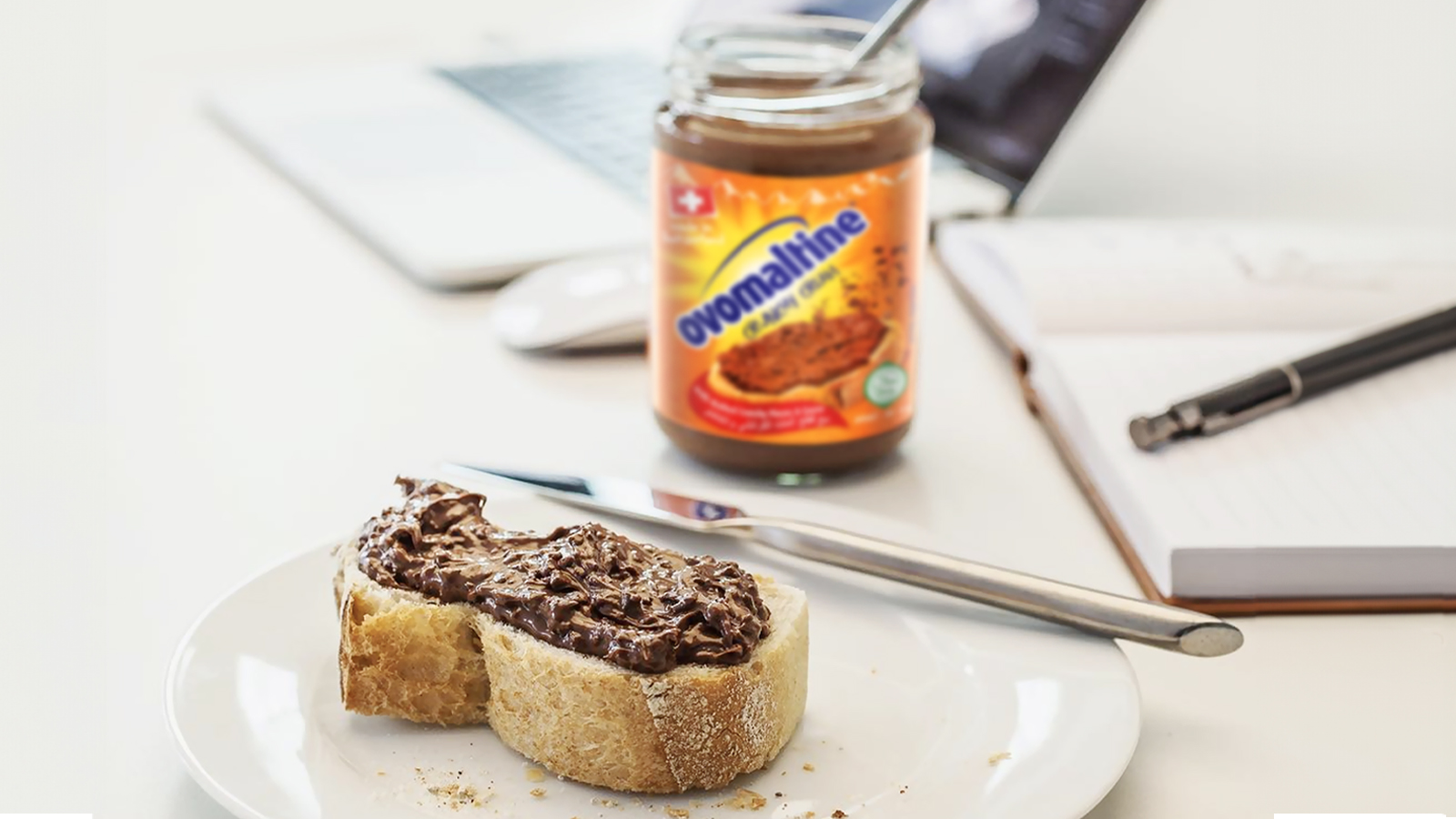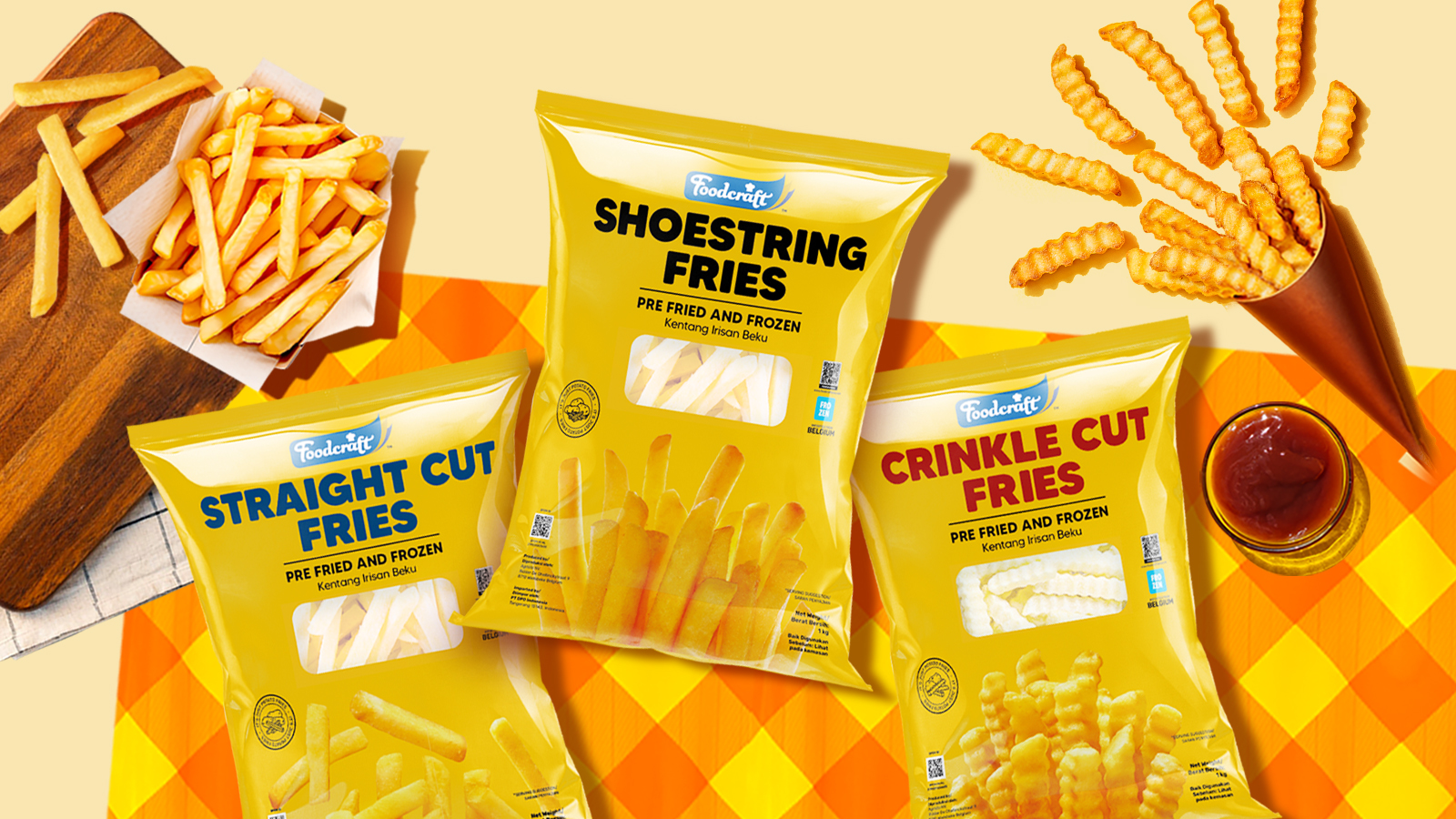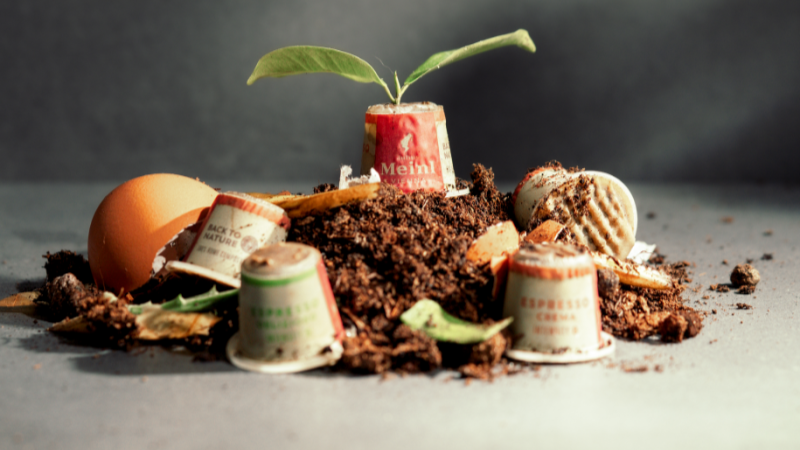The foodservice industry is evolving, not just in flavours and trends but in values. Today’s consumers are increasingly mindful about where their food comes from, how it’s produced, and its impact on the planet.
In conjunction with Earth Day and this year’s theme, “Our Power, Our Planet,” it’s a good time for the foodservice sector to reflect on the important role it plays.
While the theme highlights renewable energy, the foodservice industry—and the wider food sector— also holds the power to drive meaningful change toward a sustainable future.
To truly make a difference, the foodservice industry must prioritise sustainable sourcing. This means understanding not just where ingredients come from, but also how they are produced.
By choosing suppliers who practice environmentally responsible methods and ensuring transparency in the supply chain, businesses can align their operations with sustainability goals.
What strategies can foodservice businesses adopt to enhance sustainability in their sourcing practices? Let’s explore these strategies below.
Ethical and Sustainable Sourcing
Ethical sourcing has become a key factor for businesses, ensuring that the products they offer are produced in ways that protect natural resources, support fair labour practices, and promote sustainability.
By focusing on responsible sourcing, businesses can help improve livelihoods, safeguard ecosystems, and contribute to a more sustainable future.

Ovomaltine, a well-loved Swiss chocolate brand which produces Ovomaltine Crunchy Cream, a versatile chocolate spread, is committed to this principle.
Known for its delicious flavour, the chocolate malty spread can be enjoyed on bread, croissants, or crêpes, or used in cakes, pastries, and ice cream.
The brand not only delivers a premium product but also takes its responsibility to the environment seriously.
To ensure the cocoa in its products is responsibly sourced, Ovomaltine partners with the Rainforest Alliance to source cocoa that is Rainforest Alliance Certified3.
This certification guarantees that the cocoa comes from farms where sustainable practices are prioritised—helping protect ecosystems, improve farmers’ livelihoods, and promote ethical working conditions throughout the supply chain.
Efficient and Sustainable Production Processes
Sustainable production is about maximising efficiency while reducing environmental impact. This includes adopting energy-saving technologies, minimising water usage, and implementing systems that repurpose waste materials.
Many forward-thinking manufacturers also operate facilities certified to international environmental standards, such as those set by ISO, reinforcing their commitment to responsible production.

For foodservice operators seeking convenient potato products that are backed by sustainable practices, Foodcraft® is a brand worth considering. Among its offerings are various types of frozen fries, including crinkle cut, shoestring, and straight cut.
During the processing of the fries, every part of the potato is utilised: peels are transformed into animal feed, starch is repurposed for industrial applications, leftovers are converted into fertiliser, and biogas generated from the process is used for heating1.
This zero-waste approach is just one of the efforts towards sustainability and underscores Foodcraft®’s commitment to environmental responsibility.
Eco-Friendly and Biodegradable Packaging
Adopting eco-friendly and biodegradable packaging is a commendable practice for foodservice businesses aiming to enhance sustainability in their sourcing practices.
By selecting products with compostable or recyclable packaging, establishments can significantly reduce their environmental footprint and align with the growing consumer demand for sustainable options.

An example is Julius Meinl, a renowned Viennese roaster that brings premium coffee solutions to the foodservice industry.
Beyond ensuring their coffee beans are sustainably and ethically sourced, the brand is also committed to reducing the environmental impact of its packaging—by exploring fossil-free materials, increasing the use of recyclable options, and minimising excess packaging.
Additionally, their Bio Inspresso coffee capsules feature 100% biodegradable capsules made from Biopolymer. It is completely free from aluminium and plastic and fully industrially compostable2.
Although commonly used in home settings, these coffee capsules are also well-suited for businesses—particularly in the hospitality industry—seeking to offer in-room guests a premium coffee experience with an eco-friendly touch.
By choosing smarter, eco-friendly products, businesses can make a significant impact — not only by reducing their environmental footprint but also by offering high-quality, responsible food options that meet customers’ growing demand for sustainability.
Talk to our experts to discover how these products can elevate your menu while contributing to a to a greener future for the industry.
At DPO International, we are proud to partner with brands like Foodcraft®, Julius Meinl, and Ovomaltine, whose dedication to sustainability aligns with our mission of offering products that are both innovative and environmentally conscious.








